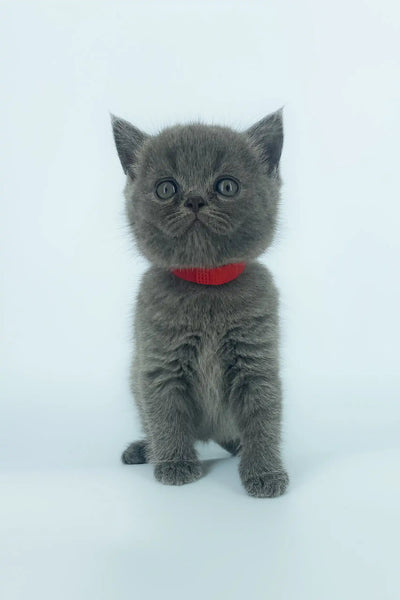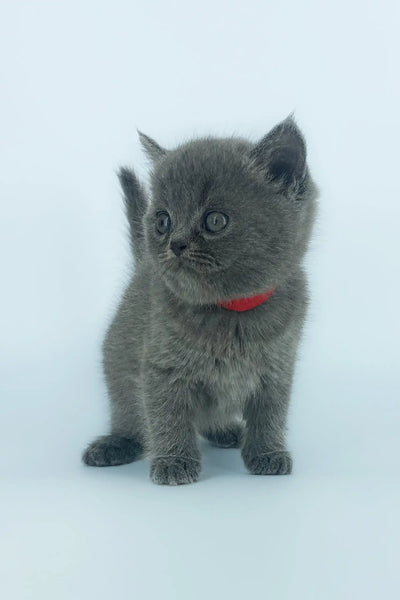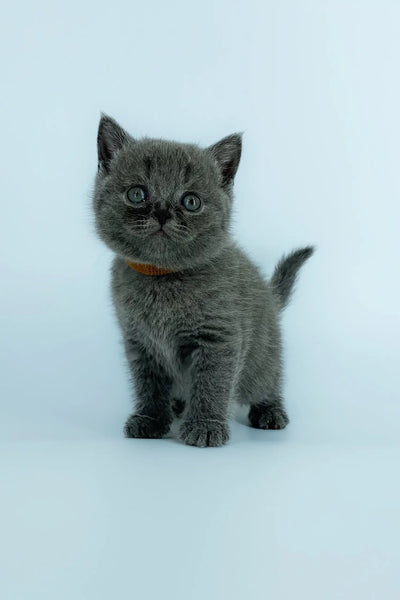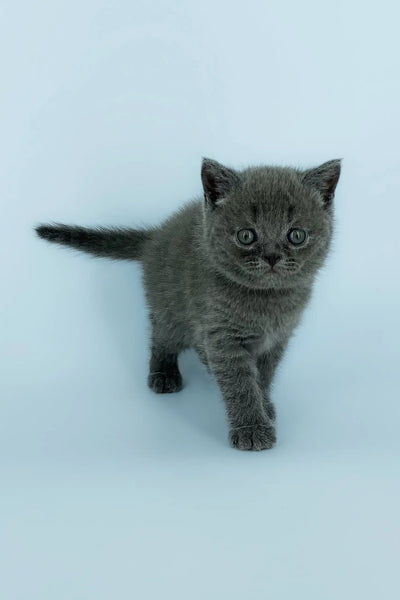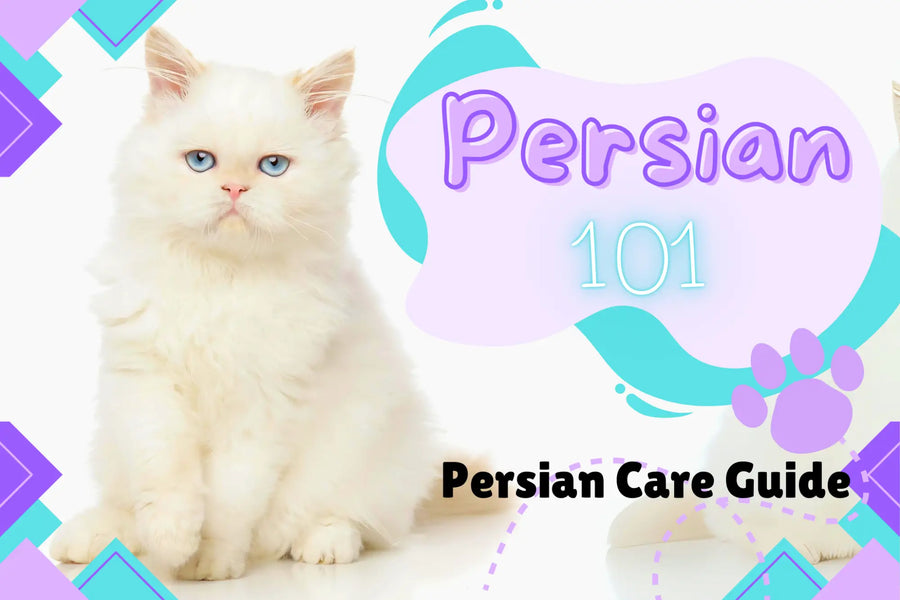Persian Cat Paradise: Luxurious Coats & Loving Companions
Dive into the luxurious world of Persian cats through our expertly curated blog. Uncover the charm of their flowing coats, gentle demeanor, and the art of their care. Whether you're a devoted Persian cat enthusiast or contemplating the joy of their companionship, our insights will guide you through nurturing and cherishing these aristocratic felines. Join us to explore the serene beauty and affectionate nature of the Persian cat, ensuring a loving bond with your elegant companion.


Persian Cat Paradise: Luxurious Coats & Loving Companions
Dive into the luxurious world of Persian cats through our expertly curated blog. Uncover the charm of their flowing coats, gentle demeanor, and the art of their care. Whether you're a devoted Persian cat enthusiast or contemplating the joy of their companionship, our insights will guide you through nurturing and cherishing these aristocratic felines. Join us to explore the serene beauty and affectionate nature of the Persian cat, ensuring a loving bond with your elegant companion.
Characteristics
-
Playfulness





-
Activity Level





-
Friendliness to Other Pets





-
Friendliness to Children





-
Grooming Requirements





-
Vocality





-
Need for attention





-
Affection towards owners





-
Docility





-
Intelligence





-
Independence





-
Hardiness















History and Origins
Personality
Nutrition and Feeding
Grooming and Care
Specific Needs
Training
Need to Know
Yona

Female
Scottish Straight Kitten

Female
Yoli

Female
Scottish Straight Longhair Kitten

Female
Xenia

Female
Scottish Straight Kitten

Female
Xavier

Male
Scottish Straight Kitten

Male
Sun

Male
Somali Kitten

Male
Rosie

Female
Somali Kitten

Female
Rosaline

Female
Oriental Kitten

Female
Rosabelle

Female
Oriental Shorthair Kitten

Female
Purrfect matches



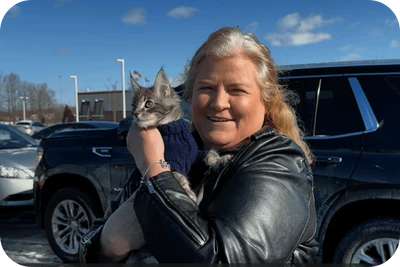



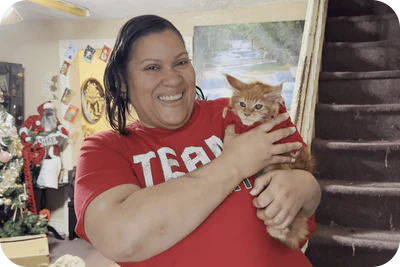

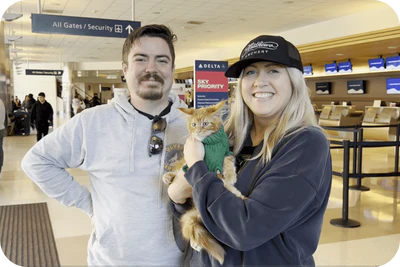
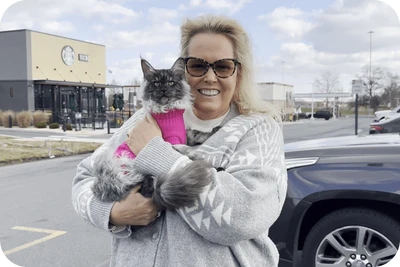









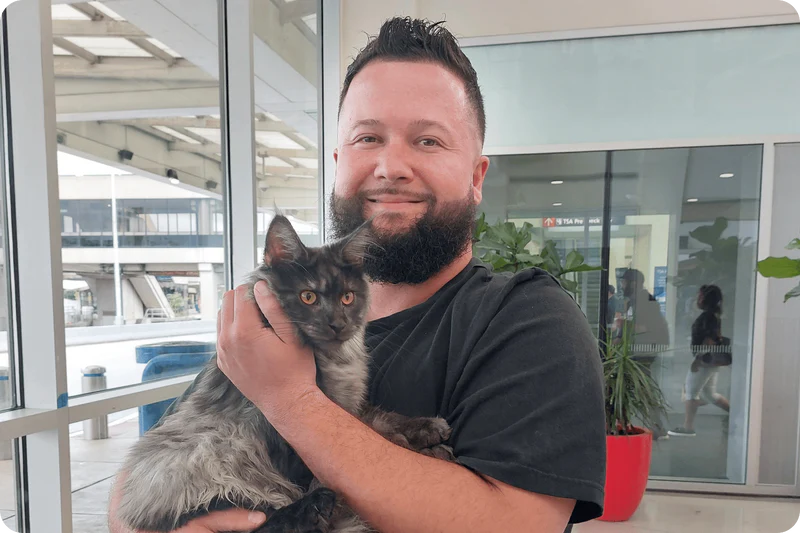

Pawsome reviews
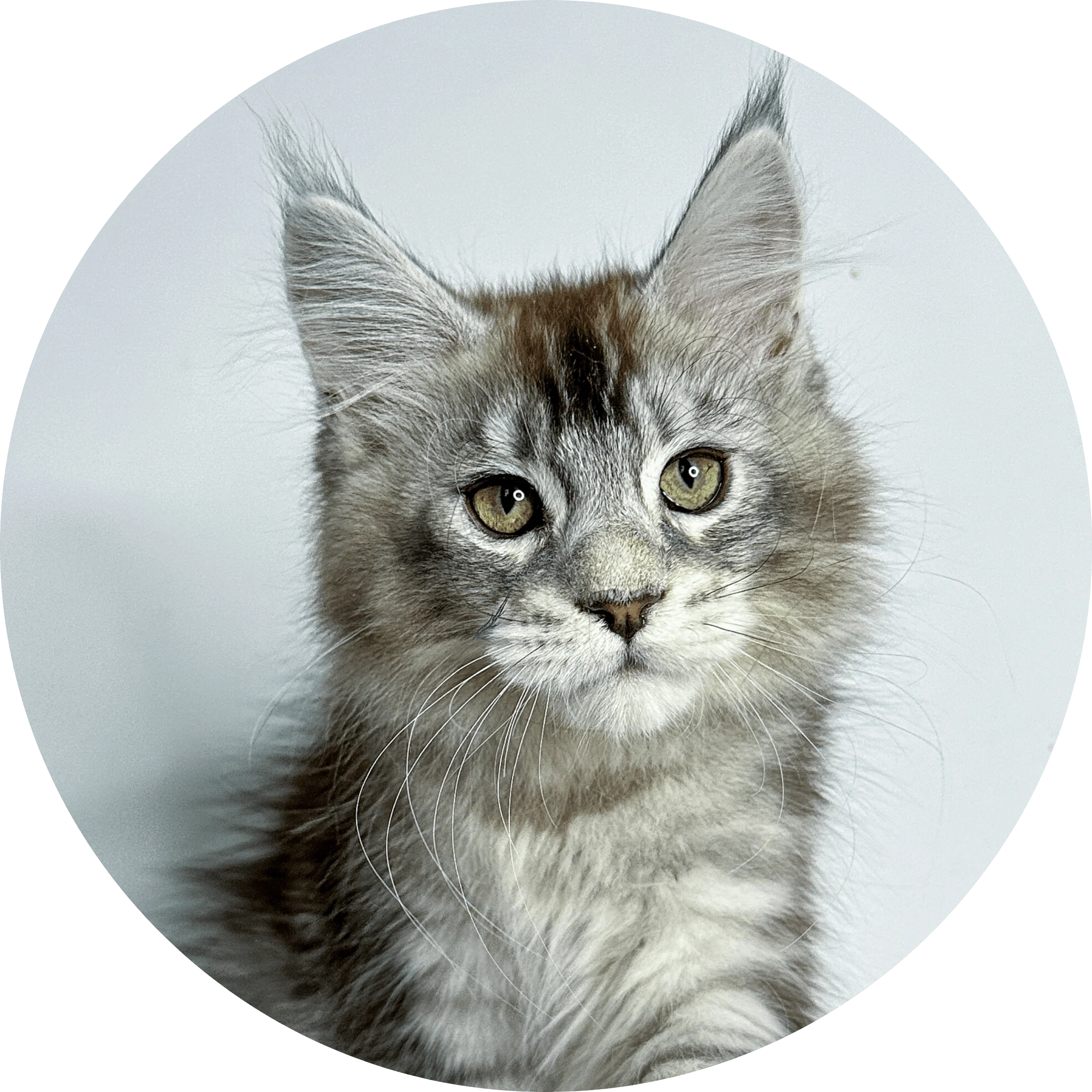
Stephanie M.
5
Adopting our new kitten from Purebred Kitties was a wonderful experience. The process was smooth and clear, leaving no room for confusion. Alona's kindness and genuine care shone through as she promptly answered all my questions. Thanks to the whole team, our new furry family member is now home and already cherished beyond words!
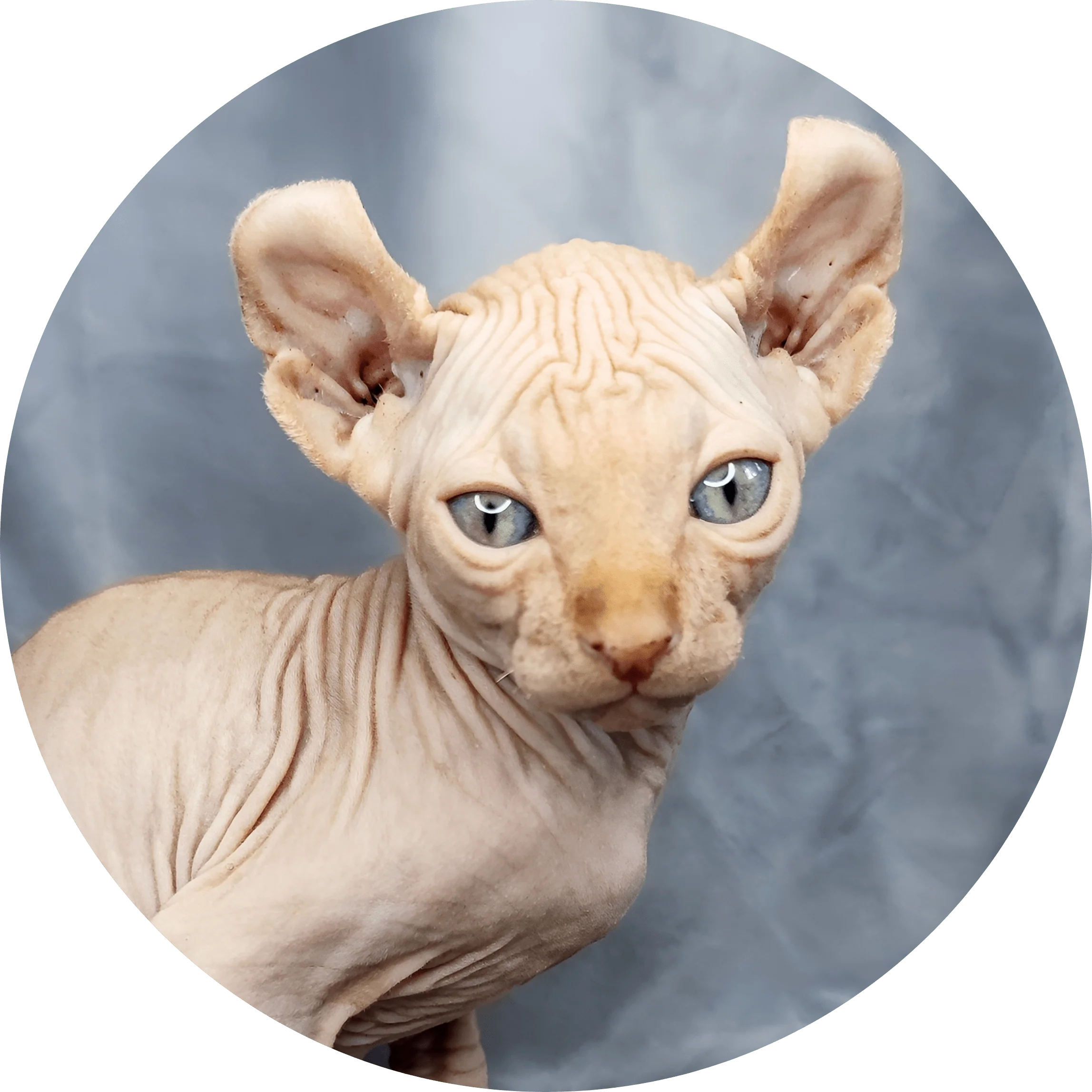
Tara E.
5
I am absolutely thrilled with my experience! The team provided instant clarification and communication, showing true compassion every step of the way. The video calls reassured me that this company is trustworthy. The caring consultants seamlessly connected me with the breeder, making the entire process smooth and efficient.
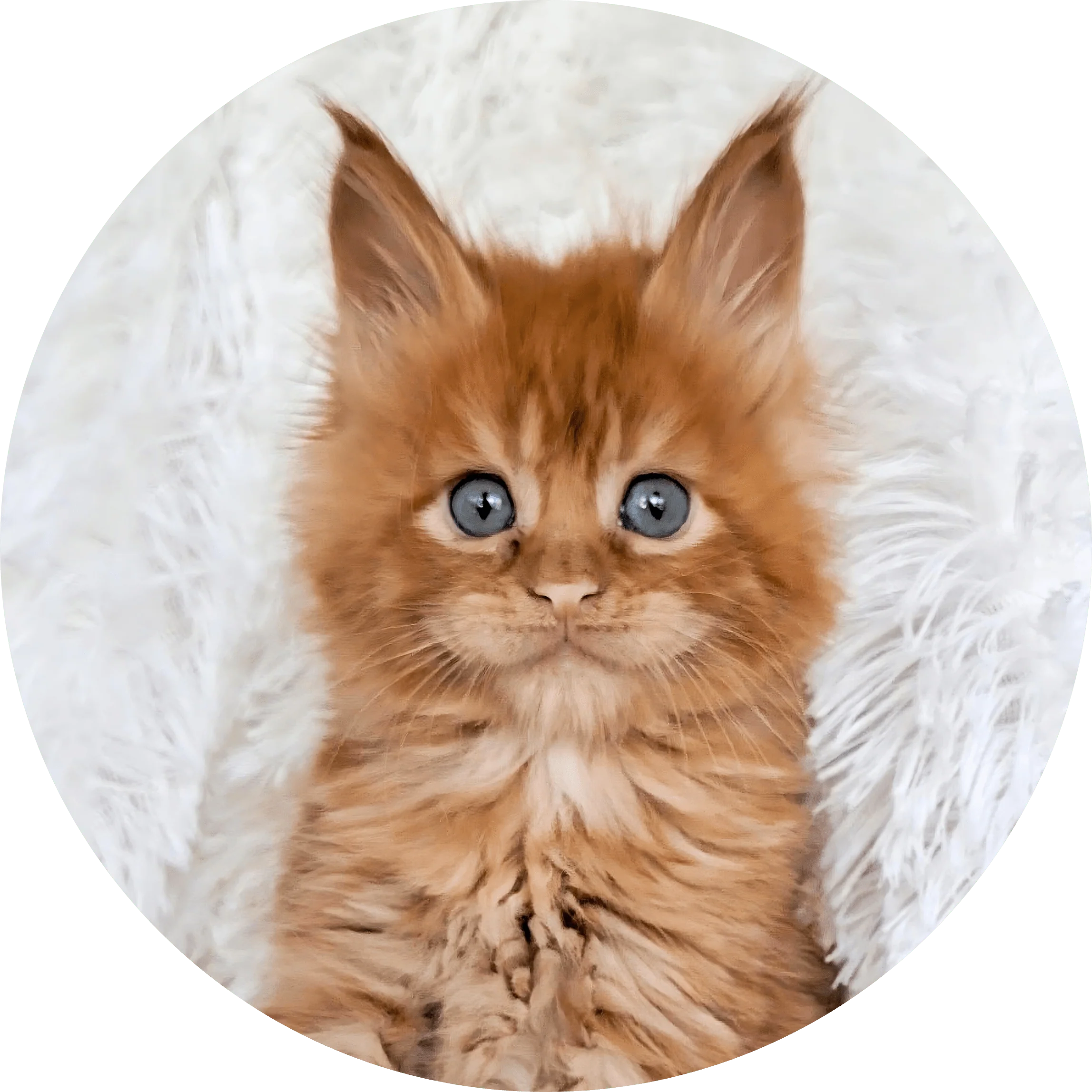
Marcus R.
5
Purebredkitties has been absolutely wonderful. They made everything so easy and stress-free. Adoption specialist Kim A was fantastic, always going the extra mile to help me. She even responded to my email at 3 am her time! 😊 This whole experience has been truly heartwarming and rewarding.
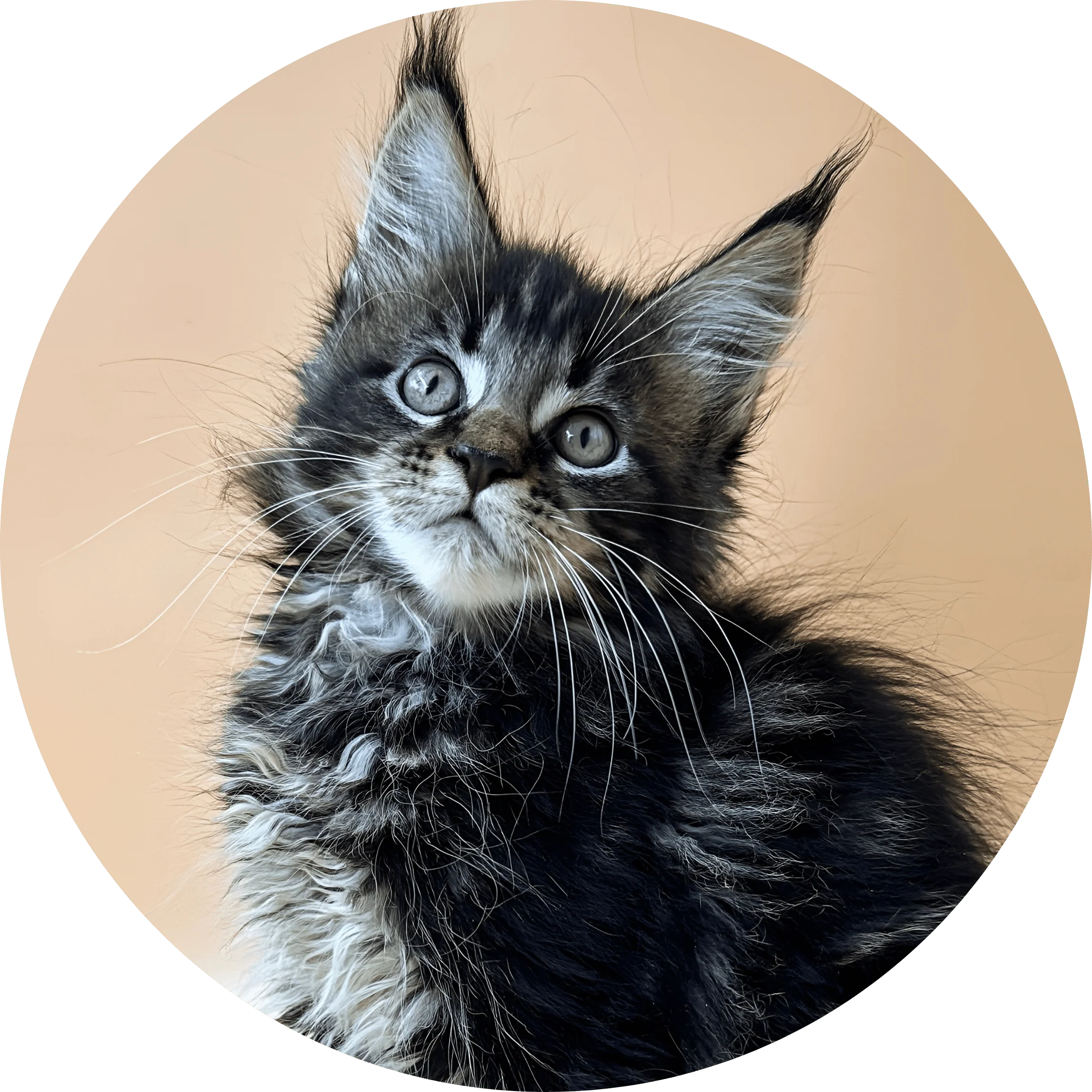
Kelti P.
5
Our experience with Purebredkitties was wonderful! Communication was great, and we even got to FaceTime with our kitten before bringing her home. She was exactly as we expected and is already doing great with our family after just two days. One small note is that pedigree papers weren't included and cost extra, which was a bit pricey since she arrived spayed. Overall, even though it was expensive, it was worth it. The quality and size of our kitten are amazing!
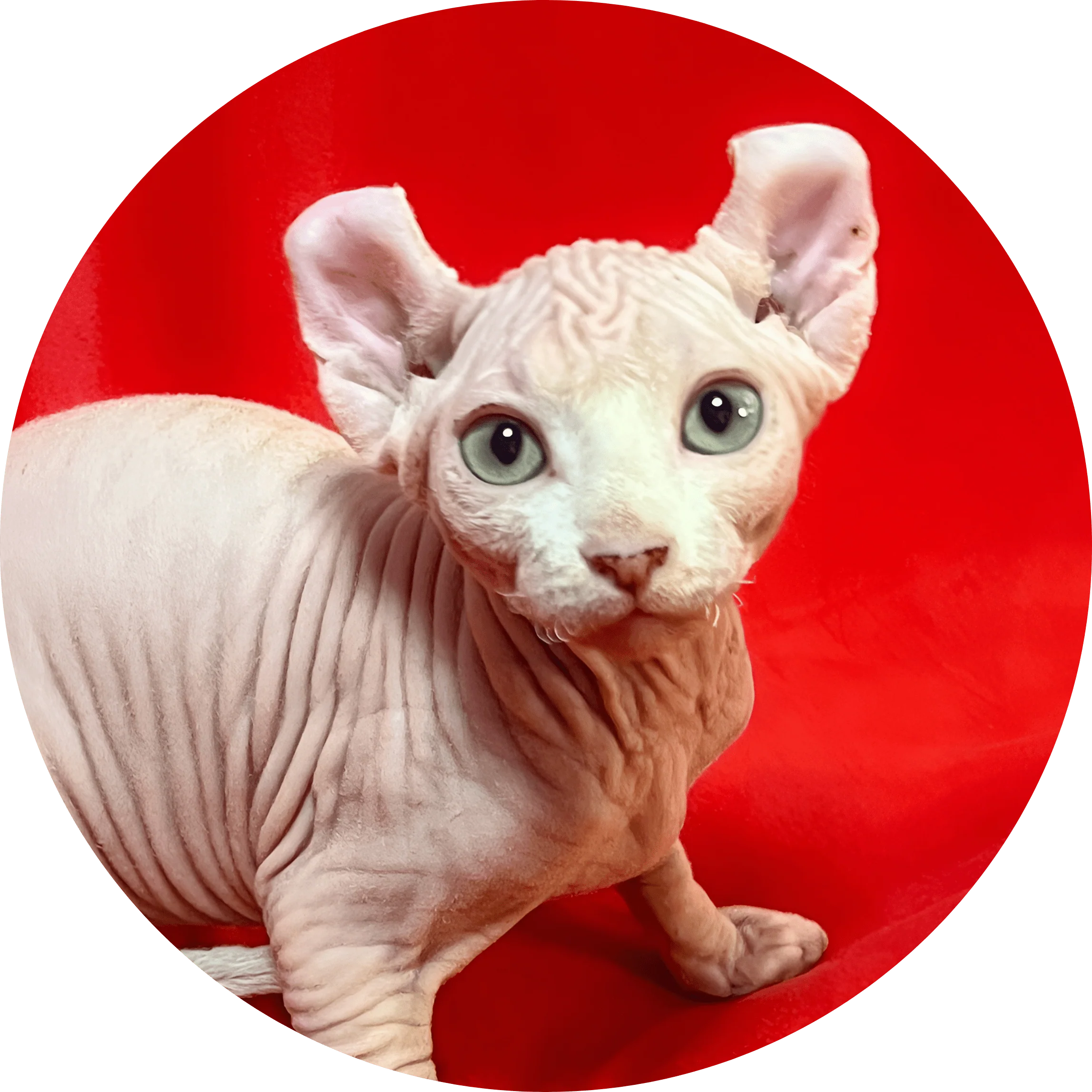
Patty A.
5
The whole experience of adopting a pet with this fantastic team has been nothing short of wonderful. Now, I have the joy of being a devoted pet mom to a gorgeous kitten I named Princess. I'm already looking forward to adopting another fur baby with Maria's help in the future. I'm absolutely thrilled and can't thank you all enough!
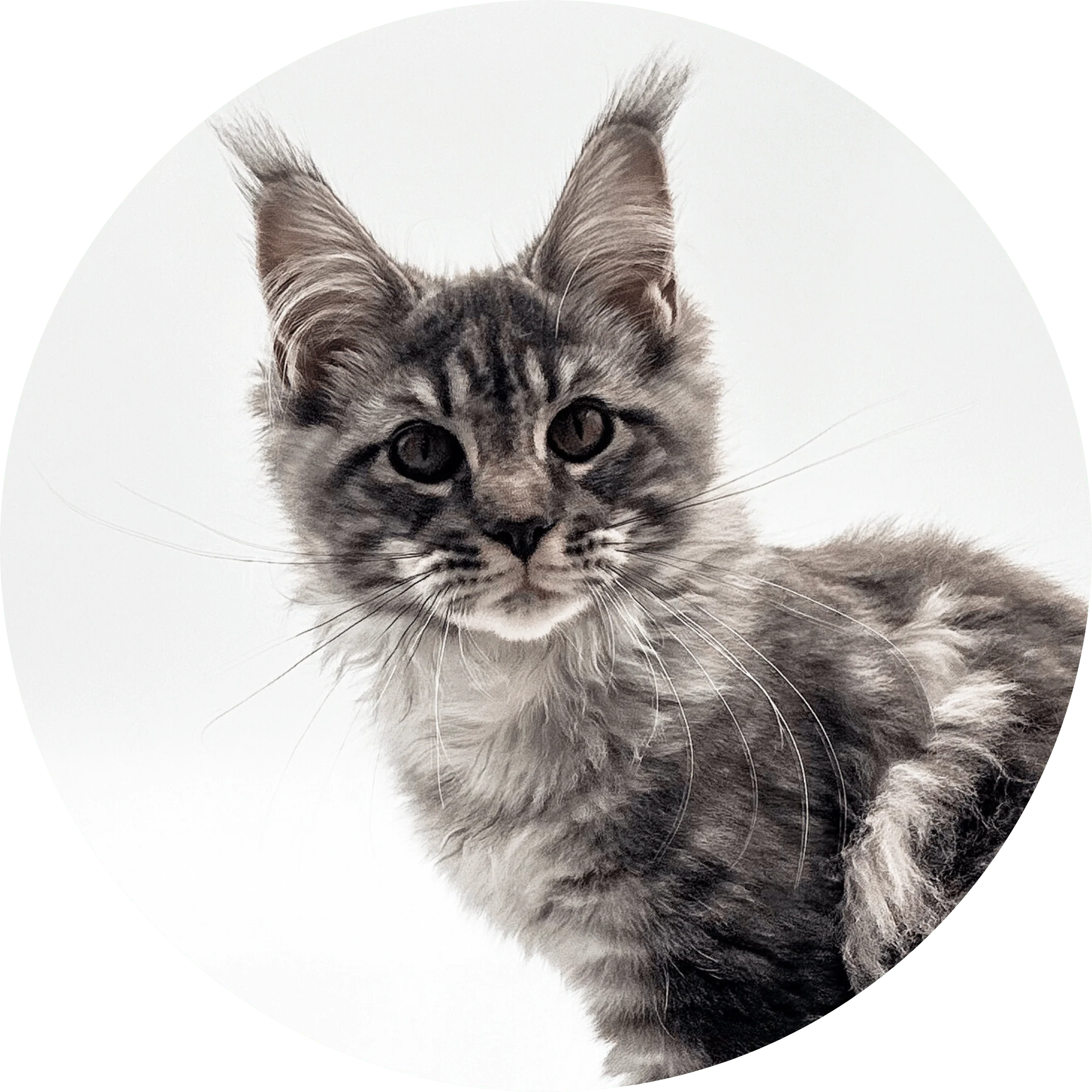
Hannah L.
5
The whole journey to bring our fluffy bundle of joy home was fantastic. Maria is incredibly kind and always ready to answer all our questions. I really appreciate how seriously they take the health of the cats. Our kitten arrived with a minor case of the sniffles, likely from the airport travel, but it was easily and quickly resolved. Plus, the video call we had to meet our little guy beforehand was a wonderful way to get a glimpse of his personality and feel confident in our decision. I'm definitely recommending Purebred Kitties to all my friends who are looking to get their own Maine Coon.

Stephanie M.
5
Adopting our new kitten from Purebred Kitties was a wonderful experience. The process was smooth and clear, leaving no room for confusion. Alona's kindness and genuine care shone through as she promptly answered all my questions. Thanks to the whole team, our new furry family member is now home and already cherished beyond words!

Tara E.
5
I am absolutely thrilled with my experience! The team provided instant clarification and communication, showing true compassion every step of the way. The video calls reassured me that this company is trustworthy. The caring consultants seamlessly connected me with the breeder, making the entire process smooth and efficient.

Marcus R.
5
Purebredkitties has been absolutely wonderful. They made everything so easy and stress-free. Adoption specialist Kim A was fantastic, always going the extra mile to help me. She even responded to my email at 3 am her time! 😊 This whole experience has been truly heartwarming and rewarding.

Kelti P.
5
Our experience with Purebredkitties was wonderful! Communication was great, and we even got to FaceTime with our kitten before bringing her home. She was exactly as we expected and is already doing great with our family after just two days. One small note is that pedigree papers weren't included and cost extra, which was a bit pricey since she arrived spayed. Overall, even though it was expensive, it was worth it. The quality and size of our kitten are amazing!

Patty A.
5
The whole experience of adopting a pet with this fantastic team has been nothing short of wonderful. Now, I have the joy of being a devoted pet mom to a gorgeous kitten I named Princess. I'm already looking forward to adopting another fur baby with Maria's help in the future. I'm absolutely thrilled and can't thank you all enough!

Hannah L.
5
The whole journey to bring our fluffy bundle of joy home was fantastic. Maria is incredibly kind and always ready to answer all our questions. I really appreciate how seriously they take the health of the cats. Our kitten arrived with a minor case of the sniffles, likely from the airport travel, but it was easily and quickly resolved. Plus, the video call we had to meet our little guy beforehand was a wonderful way to get a glimpse of his personality and feel confident in our decision. I'm definitely recommending Purebred Kitties to all my friends who are looking to get their own Maine Coon.
Why you can trust us
Protection from Scams
Join us in the fight against kitten scams. We assure you with 100% certainty that our services will safeguard you from any form of scam. We prioritize transparency, effective communication, and fulfilling our commitments.
Only Reputable Breeders
We maintain a strict policy against kitten mills and take pride in linking you with ethical and trustworthy professional breeders who are dedicated to raising kittens with love and compassion in a home environment.
Comprehensive Health Guarantee
We perform extensive tests and veterinary examinations to ensure the optimal health and well-being of our kittens. Our commitment goes further with comprehensive health guarantee to make the transition as stress-free and enjoyable as possible for you and your family.
Ready to find your dream kitten ?
Discover adorable, loving kittens waiting for their forever home—start your journey today!
Cat breeds
- Abyssinian
- American Bobtail
- American Wirehair
- Balinese
- Bengal
- Birman
- Bombay
- British Shorthair
- Burmese
- Burmilla
- Chartreux
- Chausie
- Colorpoint Shorthair
- Cornish Rex
- Devon Rex
- Domestic Long Hair
- Egyptian Mau
- European Burmese
- Exotic Shorthair
- Havana Brown
- Himalayan
- Japanese Bobtail
- Khao Manee
- Korat
- LaPerm
- Lykoi
- Maine Coon
- Norwegian Forest
- Ocicat
- Oriental
- Persian
- Pixiebob
- Ragamuffin
- Ragdoll
- Russian Blue
- Savannah
- Scottish Fold
- Selkirk Rex
- Serengeti
- Siamese
- Siberian
- Singapura
- Somali
- Sphynx
- Tonkinese
- Toyger
- Turkish Angora
- Turkish Van
- Munchkin
Be the first to know
Don't miss your dream kitten! Get updates on newly listed kitties and deals to your inbox!








